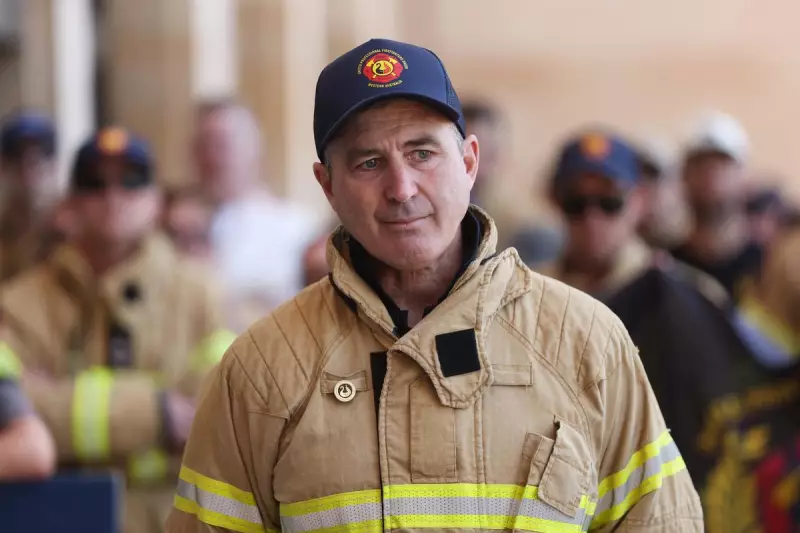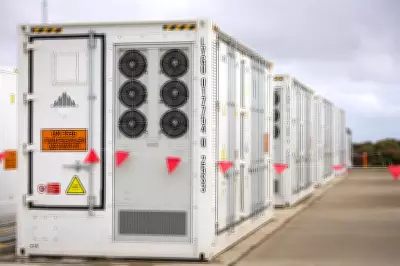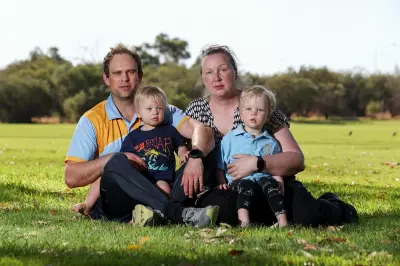
The story of former firefighter John Marsh has ignited crucial conversations about the real pressures facing Australia's emergency service workers and what they truly need beyond public gratitude.
The Breaking Point of a Firefighter
John Marsh's experience as a firefighter reveals the hidden toll of emergency service work that often goes unnoticed by the public. While firefighters receive widespread admiration for their bravery, the psychological and emotional burdens they carry remain largely invisible.
Marsh found himself under immense pressure during his service, facing situations that tested both his physical capabilities and mental resilience. The constant exposure to traumatic incidents, combined with the high-stakes nature of firefighting, creates a perfect storm for mental health challenges.
Beyond Words: What Firefighters Really Need
While public gratitude and community appreciation are welcome, they fall short of addressing the core needs of firefighters. The profession demands more than just acknowledgment—it requires tangible support systems that can sustain workers through decades of service.
Firefighters deserve comprehensive mental health support that begins from their first day on the job and continues throughout their career and into retirement. The culture of toughness that often prevails in emergency services can prevent individuals from seeking help when they need it most.
Proper resources, adequate staffing levels, and modern equipment represent practical forms of support that demonstrate genuine commitment to firefighter wellbeing. These elements directly impact their ability to perform safely and effectively while managing the psychological toll of their work.
A Call for Systemic Change
John Marsh's story highlights the urgent need for systemic changes in how we support our emergency service personnel. The conversation must shift from occasional praise to consistent, meaningful action that protects those who protect us.
Organizations and governments need to prioritize firefighter wellbeing through proactive mental health programs, peer support networks, and destigmatizing psychological care. Early intervention and ongoing support can prevent the accumulation of trauma that leads to burnout and other serious consequences.
The community also plays a vital role in advocating for better conditions and resources for firefighters. Public support should extend beyond cheering during emergencies to demanding proper funding and policies that safeguard firefighter health and safety.
As we reflect on John Marsh's experience and the pressures he faced, it becomes clear that gratitude alone cannot sustain those who face danger regularly. Real support means creating an environment where firefighters can thrive throughout their careers and beyond, ensuring they receive the care and resources matching their sacrifice and dedication.





